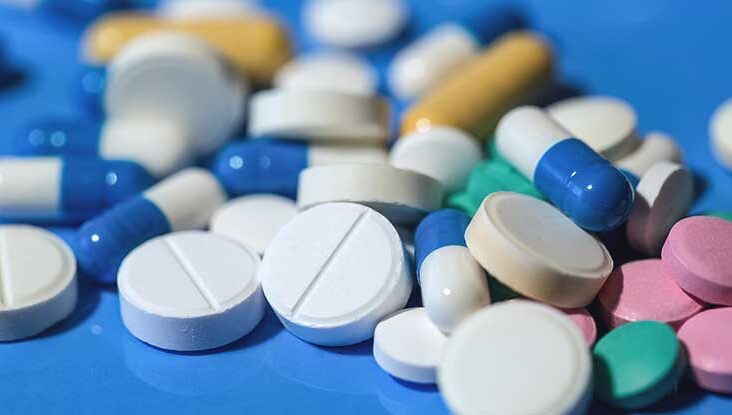FOR IMMEDIATE RELEASE
DALLAS – January 25, 2017 – Before a new drug can be approved for sale by the federal government, the manufacturer must show it is safe and effective. But once a drug is on the market, doctors are free to use it to treat almost any ailment – even if the drug has never been shown to be effective for that purpose.
Here is why that matters: Bringing a new drug to market costs about $2.7 billion. Only 35 percent of that amount is needed to show the drug is safe. The remaining 65 percent is needed to show it is effective in treating some condition.
“Why is the bar set so much higher for new drugs than drugs that have already been approved?” asks David Henderson, an economist who has researched the subject for the Goodman Institute. “It doesn’t seem to make any sense.”
On the other hand, who would want to take a drug that hasn’t been shown to be effective – to the federal government’s satisfaction? Henderson’s answer: “Almost all of us.”
Henderson, an economist at Stanford University’s Hoover Institution, and his colleague Charles Hooper say that one out of every five drugs in use today is being used for a purpose that has never been approved by the Food and Drug Administration. These so-called “off label” uses include 80 to 90 percent of pediatric drugs and as much as 90 percent of all cancer drugs.
“Patients are not all alike; some will respond to a drug and others will not,” said Hooper. “That’s why doctors learn a lot more about a drug’s effectiveness from trial and error than we are ever likely to learn from FDA approved clinical trials.”
Henderson and Hooper think drugs in the United States would be much cheaper if we did some of the following:
- Let all drugs on the market once they have met the safety standard; then let doctors, patients and drug companies experiment to determine efficacy – just as they do with existing drugs.
- Limit the FDA’s role to certification (“FDA approved” or “Not FDA approved”), then let patients and doctors make their own choices – especially with respect to drugs that are widely available in Europe and in other developed countries.
- Let pharmacists (who often have more information than doctors about reactions and side effects) have more authority to dispense drugs without a doctor’s prescription.
- Move more drugs to over-the-counter status, giving patients access to them without anyone else’s approval.
SEE THE FULL STUDY: http://bit.ly/GIstudypharma
About the Goodman Institute
Led by Dr. John C. Goodman, the Goodman Institute for Public Policy Research (GIPPR), is a nonprofit, nonpartisan public policy research organization that promotes private alternatives to government regulation and control, solving problems by relying on the strength of the competitive, entrepreneurial private sector. Topics include reforms in health care, taxes, and entitlements. Visit www.goodmaninstitute.org.
###
Media Contact:
J. Waylon & Associates LLC
O 214-613-0073
Waylon Tate | waylon@jwaylon.com
Kourtney Hamilton | kourtney@jwaylon.com

0 Comments